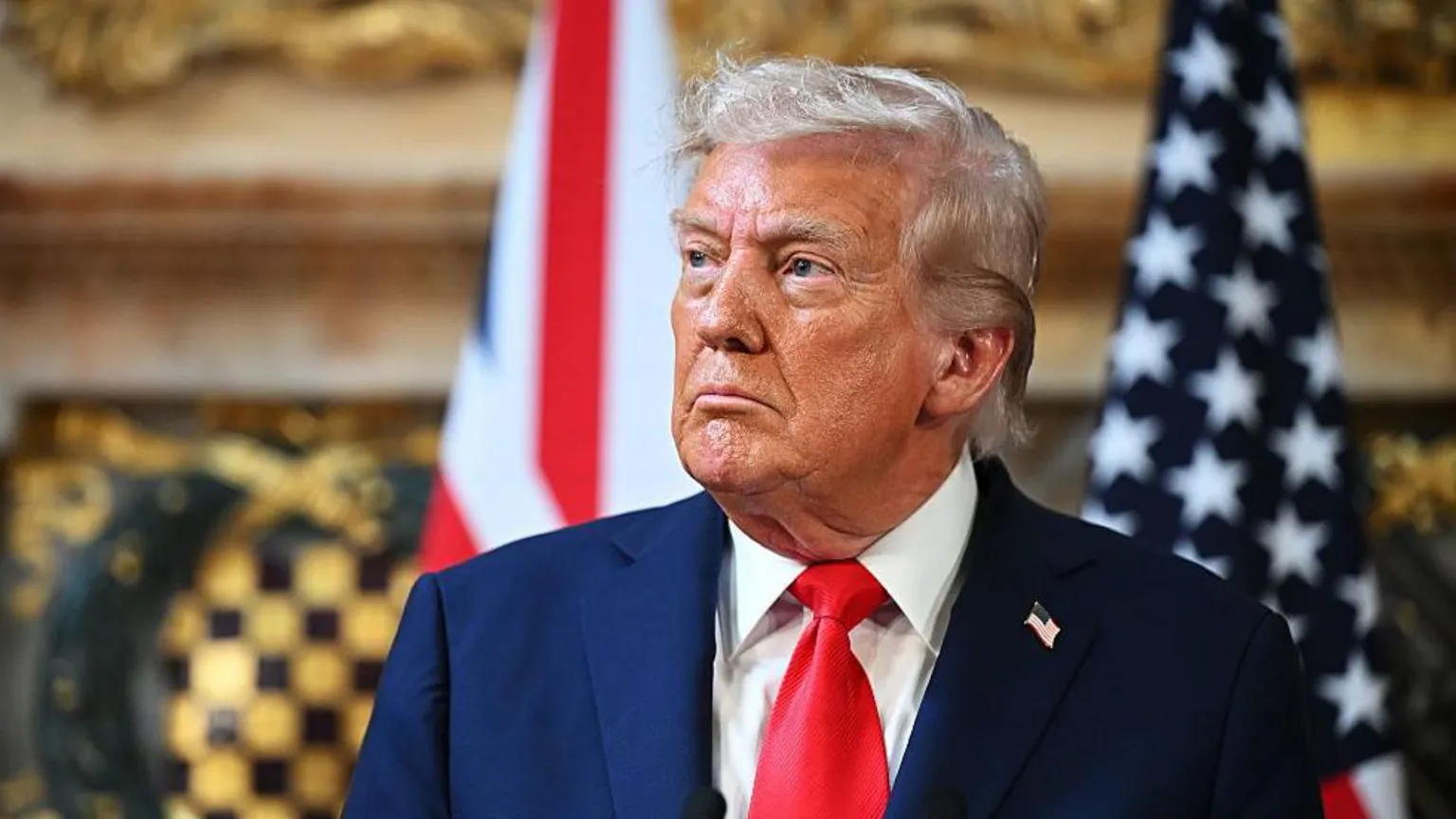Washington – A U.S. federal judge has ruled that efforts backed by former President Donald Trump to target and deport pro-Palestinian student activists are unlawful, marking a significant legal setback for hardline immigration and political crackdowns on campus dissent.
The case stems from recent attempts by immigration authorities, encouraged by Trump and his allies, to initiate deportation proceedings against foreign students participating in pro-Palestinian protests at several U.S. universities. The campaign drew widespread criticism from civil rights groups, which argued that it violated constitutional protections for free speech and due process.
Judge Eleanor Daniels of the U.S. District Court ruled that immigration officials exceeded their legal authority by selectively targeting students based on their political views. In her written judgment, she stated, “The government cannot use immigration law as a weapon to silence political expression protected under the First Amendment.”
The ruling follows weeks of escalating tension on American campuses, where pro-Palestinian demonstrations have grown in size amid the ongoing Israel-Gaza conflict. Several student activists faced visa scrutiny and legal threats after participating in rallies, with Trump and some Republican lawmakers publicly calling for their deportation.
Immigrant rights advocates welcomed the court’s decision, calling it a victory for free speech. “This ruling makes clear that political dissent is not a deportable offense,” said Maria Hernandez, director of the American Civil Liberties Alliance. “Students should not live in fear of retaliation for expressing their views.”
Trump has repeatedly defended the deportation push, framing it as part of a broader crackdown on what he calls “radical anti-American activism” on college campuses. His allies in Congress vowed to explore legislative options to bypass the ruling, signaling that the issue could remain a flashpoint in the months ahead.
Universities across the country have faced growing pressure to balance campus security, freedom of expression, and public backlash as protests intensify. Legal experts say the court’s decision sets a strong precedent, reaffirming that political beliefs cannot be used as grounds for selective enforcement of immigration laws.
For many activists, the ruling provides a sense of relief after weeks of uncertainty. But with political rhetoric heating up ahead of the next election, the intersection of immigration policy and campus politics is likely to remain a deeply contentious issue in the U.S.

